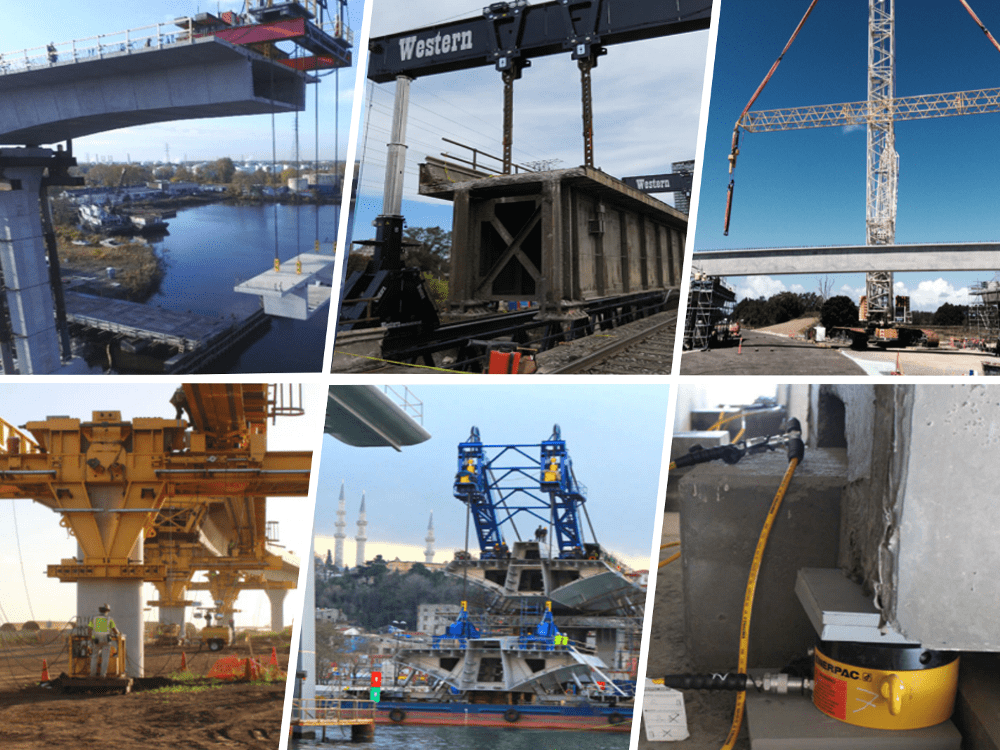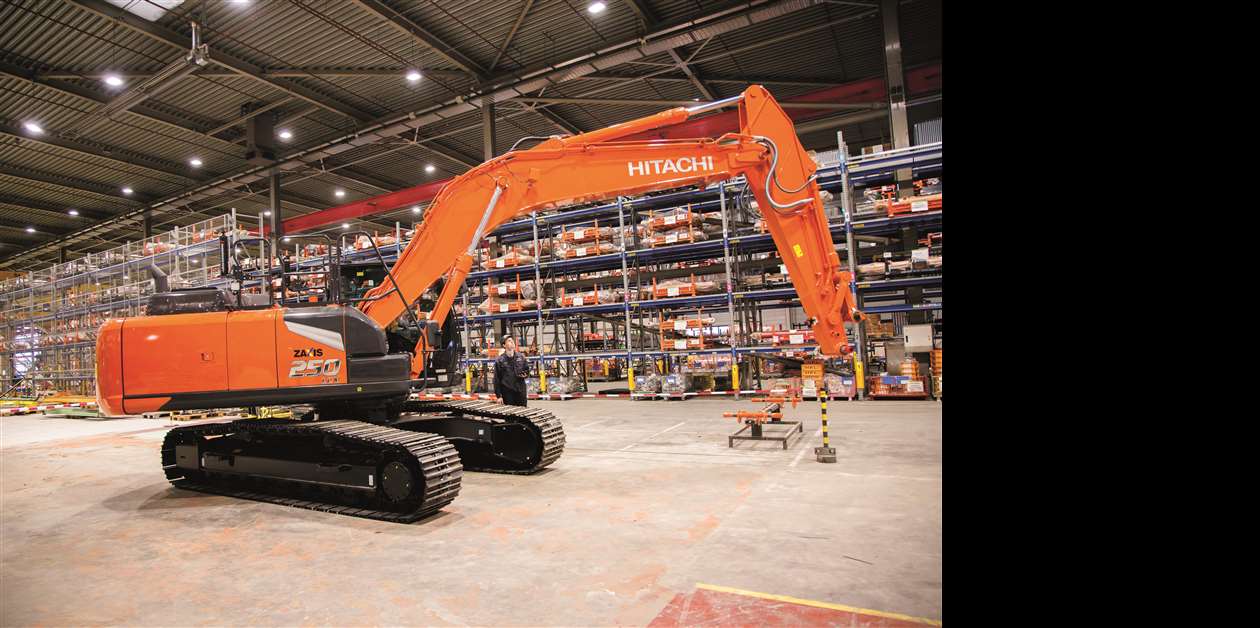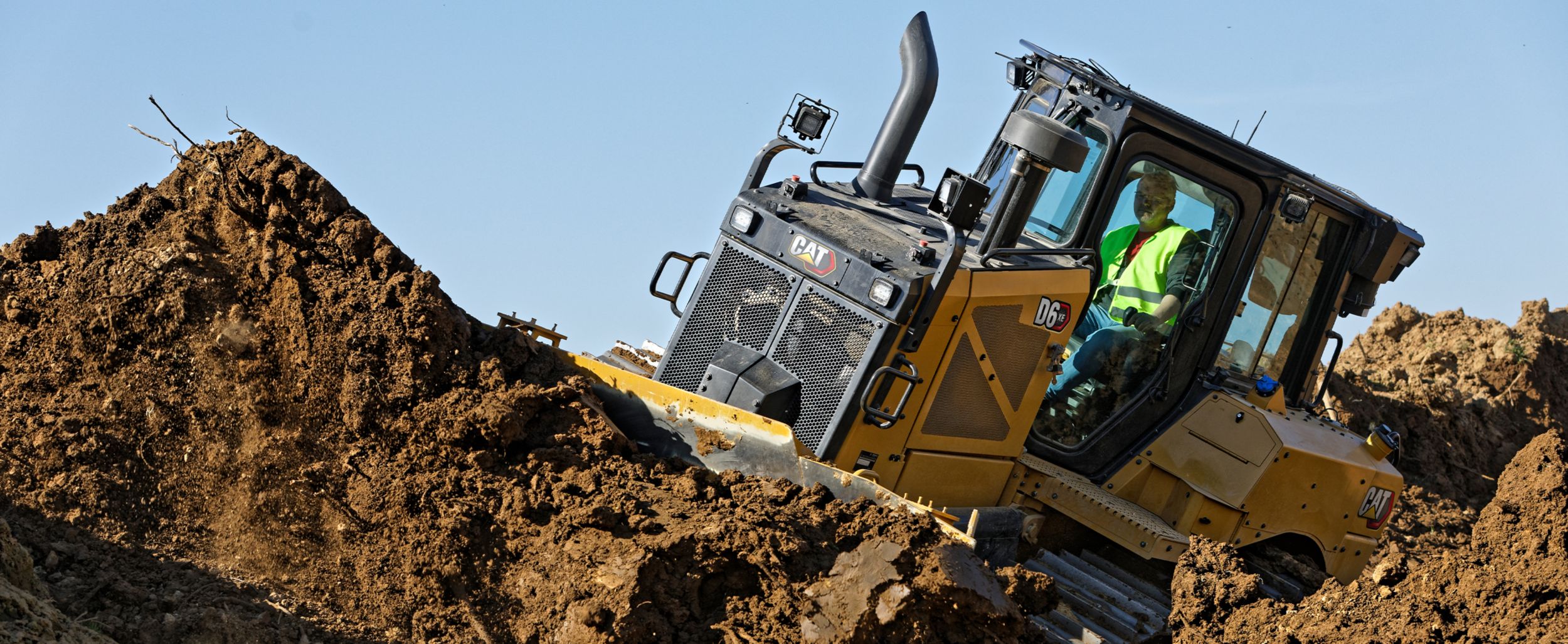Dozer Rental in Tuscaloosa, AL: Dependable and Affordable Heavy Machinery
Dozer Rental in Tuscaloosa, AL: Dependable and Affordable Heavy Machinery
Blog Article
Exploring the Financial Benefits of Leasing Building Devices Compared to Having It Long-Term
The decision in between renting and owning construction tools is pivotal for economic administration in the market. Renting offers prompt price savings and functional adaptability, enabling companies to assign resources extra efficiently. Comprehending these subtleties is important, specifically when taking into consideration how they align with specific project demands and monetary approaches.

Price Comparison: Renting Out Vs. Owning
When evaluating the monetary effects of having versus leasing building and construction equipment, an extensive cost comparison is crucial for making informed choices. The selection between renting out and owning can dramatically influence a firm's profits, and understanding the associated expenses is critical.
Leasing building devices usually includes lower in advance expenses, permitting businesses to designate funding to various other operational requirements. Rental agreements commonly include flexible terms, allowing companies to accessibility progressed machinery without long-lasting commitments. This flexibility can be particularly useful for temporary tasks or rising and fall workloads. However, rental costs can build up over time, potentially going beyond the expenditure of ownership if tools is needed for a prolonged duration.
Conversely, possessing building devices calls for a considerable initial investment, along with continuous prices such as devaluation, insurance coverage, and funding. While possession can result in long-term cost savings, it also binds capital and might not offer the very same level of flexibility as renting. In addition, having tools necessitates a commitment to its application, which may not always line up with job demands.
Inevitably, the decision to possess or rent out needs to be based on a thorough evaluation of certain project needs, financial capability, and long-lasting critical objectives.

Maintenance Costs and Duties
The choice between renting out and owning building equipment not only involves economic considerations but likewise encompasses recurring maintenance costs and duties. Having tools requires a substantial commitment to its maintenance, that includes regular examinations, repair services, and potential upgrades. These responsibilities can swiftly build up, resulting in unforeseen prices that can strain a budget.
In comparison, when renting out devices, upkeep is usually the duty of the rental business. This setup permits contractors to prevent the financial worry connected with wear and tear, along with the logistical difficulties of organizing repairs. Rental contracts typically consist of arrangements for maintenance, indicating that service providers can focus on finishing tasks instead of bothering with devices condition.
Additionally, the diverse range of devices offered for rent makes it possible for firms to select the most up to date models with innovative innovation, which can improve effectiveness and productivity - scissor lift rental in Tuscaloosa, AL. By choosing for leasings, services can avoid the long-term responsibility of devices depreciation and the associated maintenance migraines. Ultimately, examining maintenance expenditures and duties is critical for making an informed choice regarding whether to have or rent building and construction devices, significantly influencing overall task expenses and operational effectiveness

Depreciation Effect On Possession

A considerable aspect to take into consideration in the decision to possess building and construction devices is the influence of depreciation on total ownership expenses. Devaluation stands for the decrease in worth of the devices over time, influenced by variables such as usage, damage, and innovations in innovation. As devices ages, its market value lessens, which can significantly impact the proprietor's monetary placement when it comes time to offer or trade the equipment.
For construction business, this devaluation can equate to significant losses if the equipment is not utilized to its max possibility or if it comes to be out-of-date. Proprietors need to account for devaluation in their economic estimates, which can cause higher overall prices contrasted to renting out. Furthermore, the tax implications of depreciation can be intricate; while it might give some tax obligation advantages, these are frequently balanced out by the reality of decreased resale worth.
Ultimately, the concern of depreciation stresses the importance of understanding the long-lasting financial dedication associated with owning building and construction tools. Companies should very carefully review just how often they will use the devices and Read More Here the potential economic effect of devaluation to make an informed choice about possession versus renting.
Economic Flexibility of Renting
Renting out building and construction equipment offers considerable economic flexibility, enabling companies to designate sources more efficiently. This versatility is especially important in a sector characterized by rising and fall task demands and differing workloads. By choosing to rent out, services can prevent the significant capital investment required for acquiring tools, preserving money circulation for various other functional demands.
In addition, renting devices enables firms to tailor their devices options to certain task requirements without the long-term commitment linked with ownership. This means that organizations can easily scale their equipment supply up or down based on awaited and present task demands. Subsequently, this versatility reduces the risk of over-investment in equipment that may become underutilized or obsolete gradually.
An additional economic benefit of leasing is the capacity for tax obligation benefits. Rental repayments are frequently thought about operating costs, enabling for prompt tax reductions, unlike devaluation on owned tools, which rc heavy equipment is spread out over a number of years. scissor lift rental in Tuscaloosa, AL. This instant expenditure acknowledgment can additionally improve a firm's cash money setting
Long-Term Project Considerations
When examining the lasting demands of a building and construction service, the choice between owning and leasing equipment becomes much more complicated. Secret variables to take into consideration include project period, frequency of use, and the nature of upcoming jobs. For projects with prolonged timelines, purchasing tools might appear useful due to the possibility for lower overall expenses. However, if the equipment will not be used constantly across tasks, possessing may bring about underutilization and unnecessary expense on insurance, storage space, and maintenance.
The building sector is progressing rapidly, with brand-new devices offering enhanced effectiveness and safety functions. This adaptability is especially valuable for services that take care of varied jobs calling for various kinds of devices.
Additionally, economic security plays a vital function. Possessing equipment typically entails substantial capital financial investment and depreciation issues, while renting enables for even more predictable budgeting and cash circulation. Eventually, the option in between renting and having must be lined up with the strategic goals of the building company, considering both existing and anticipated job needs.
Verdict
To conclude, renting construction equipment supplies substantial monetary benefits over lasting possession. The reduced upfront costs, elimination of maintenance responsibilities, and avoidance of devaluation add to enhanced cash circulation and economic flexibility. scissor lift rental in Tuscaloosa, AL. In addition, rental repayments act as prompt tax reductions, additionally benefiting service providers. Eventually, the choice to rent out as opposed to own aligns with the dynamic nature of building projects, additional hints enabling versatility and access to the most current devices without the economic concerns connected with ownership.
As equipment ages, its market value decreases, which can dramatically affect the proprietor's financial setting when it comes time to sell or trade the devices.
Renting construction equipment provides significant financial adaptability, permitting firms to allocate sources a lot more effectively.Furthermore, renting tools enables firms to tailor their equipment choices to certain job demands without the lasting dedication linked with possession.In final thought, renting construction devices offers significant monetary advantages over long-term possession. Eventually, the choice to rent out instead than very own aligns with the dynamic nature of construction projects, permitting for adaptability and accessibility to the most recent devices without the economic burdens connected with possession.
Report this page